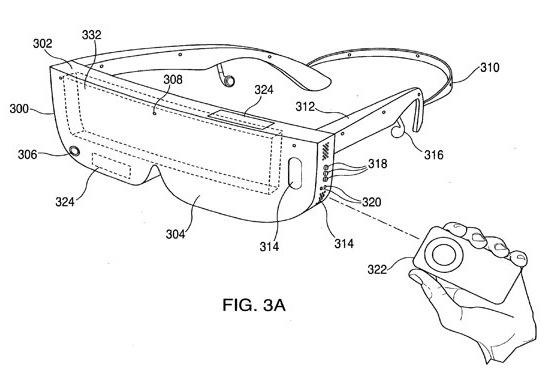Apple's Tim Cook Predicts AR Will Be As Big As iPhone
Tim Cook has again voiced his enthusiasm for augmented reality, suggesting that the technology – which blends the real world with digital elements – could be as big as the iPhone. The Apple CEO has previously expressed his interest in AR, though Apple is yet to release a product based on the technology. However, with Microsoft, Google, and other big names all at different stages of augmented reality and virtual reality systems, it's widely considered a foregone conclusion that Apple will dive in too.
When that happens, it's likely to be an AR system rather than VR one. Speaking to British newspaper The Independent, Cook outlined his reasoning for why augmenting the world around us makes more sense for Apple than replacing it with a digital environment completely. According to the CEO, that's because AR can still be sociable.
"I'm excited about Augmented Reality because unlike Virtual Reality which closes the world out, AR allows individuals to be present in the world but hopefully allows an improvement on what's happening presently," Cook explained. As he sees it, one of AR's strengths is that it can be persistent but not dominate a user's attention. Instead it can simply "be a part of your world, of your conversation."
Rumors that Apple is working on some form of AR hardware have been circulating for several years. Back in early 2016, a roster of the team believed to be developing the Cupertino firm's system was detailed. Later in the year, a prototype form-factor similar to Google Glass was tipped, with a near-eye display that could beam information into the wearer's eye-line from a connected iPhone.

Listening to Cook, you wouldn't doubt Apple's intent. "I regard [AR] as a big idea like the smartphone," he told the paper. :The smartphone is for everyone, we don't have to think the iPhone is about a certain demographic, or country or vertical market: it's for everyone. I think AR is that big, it's huge."
Interestingly, Cook describes AR as "not a product per se" but instead as "a core technology." Apple has made previous acquisitions which will help piece together that technology, indeed. Back in 2015, the company bought Metaio, an augmented reality specialist which had developed a toolkit to make creating AR apps more straightforward.
All the same, if products like Glass have shown us anything, it's that it's easy to over-promise when it comes to new wearable technology. Despite Google's ambitious early demonstration videos, the reality of Glass proved to be fairly mundane; similarly, Microsoft's promo-reels for HoloLens initially led many to believe that the AR headset would completely flood the real world with a digital overlay. In actual fact, HoloLens' transparent displays only cover a fairly small portion of the wearer's total field-of-view. Most recently, secretive AR startup Magic Leap has faced controversy over claims it, too, oversold exactly what its so-far-unseen glasses are capable of.
SOURCE The Independent
